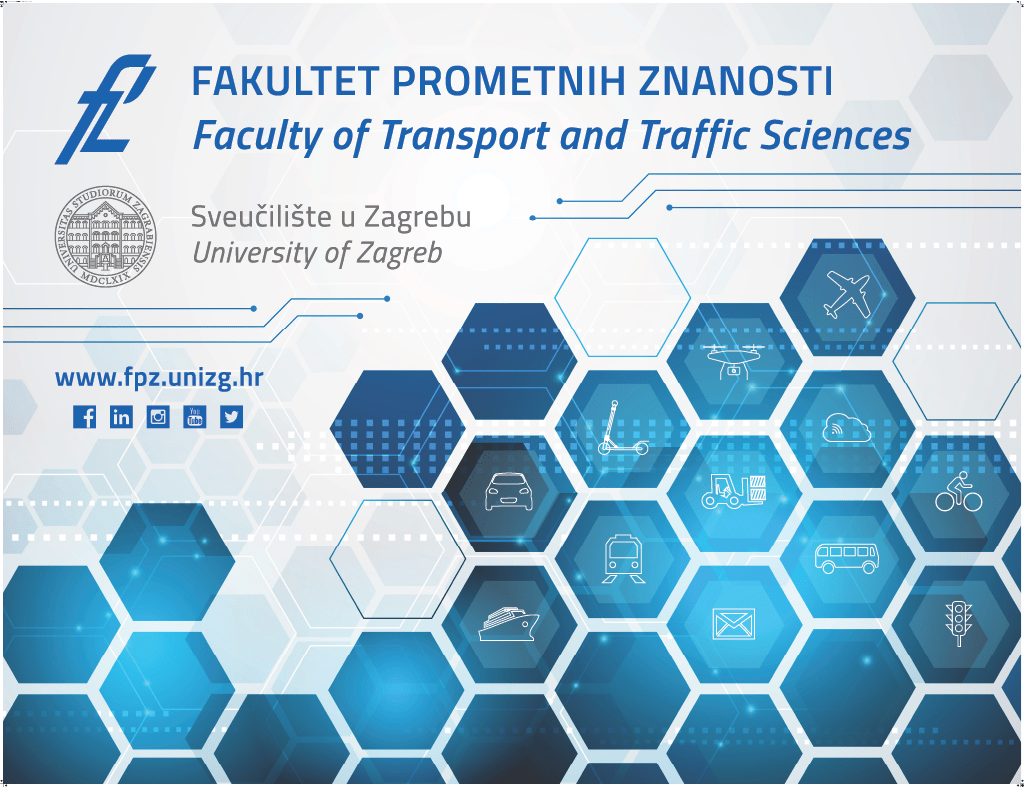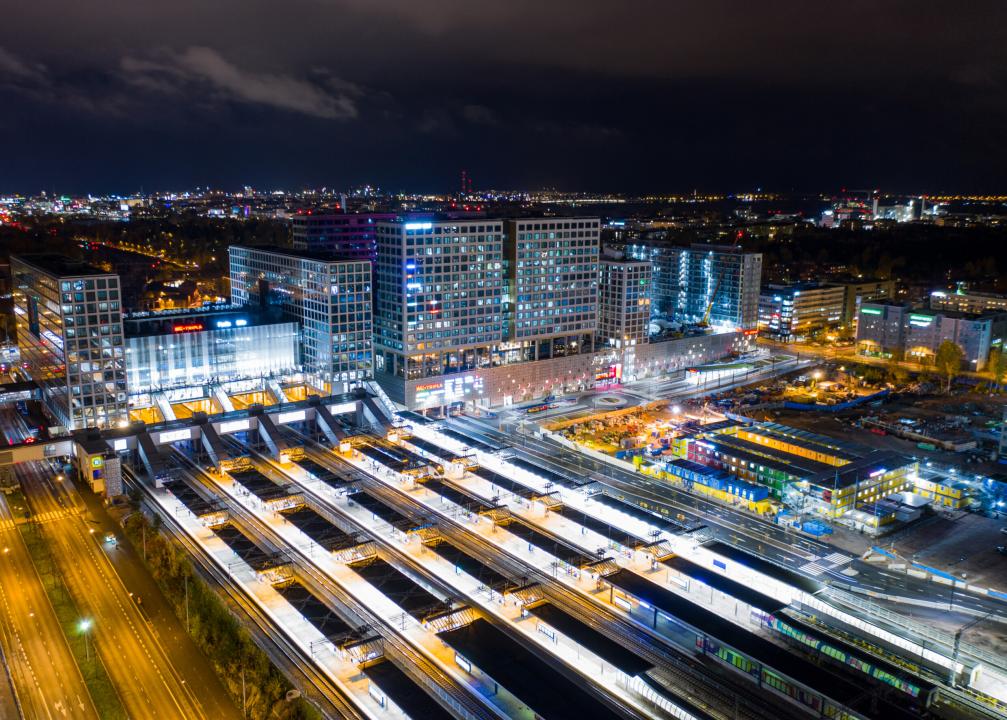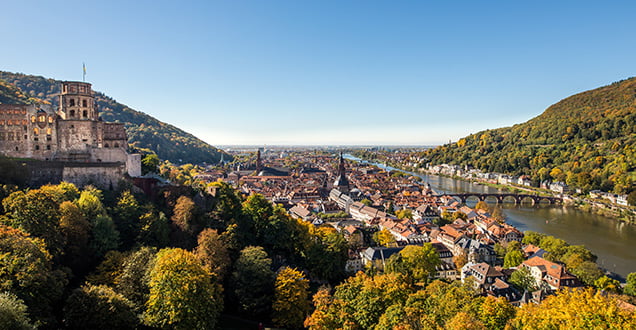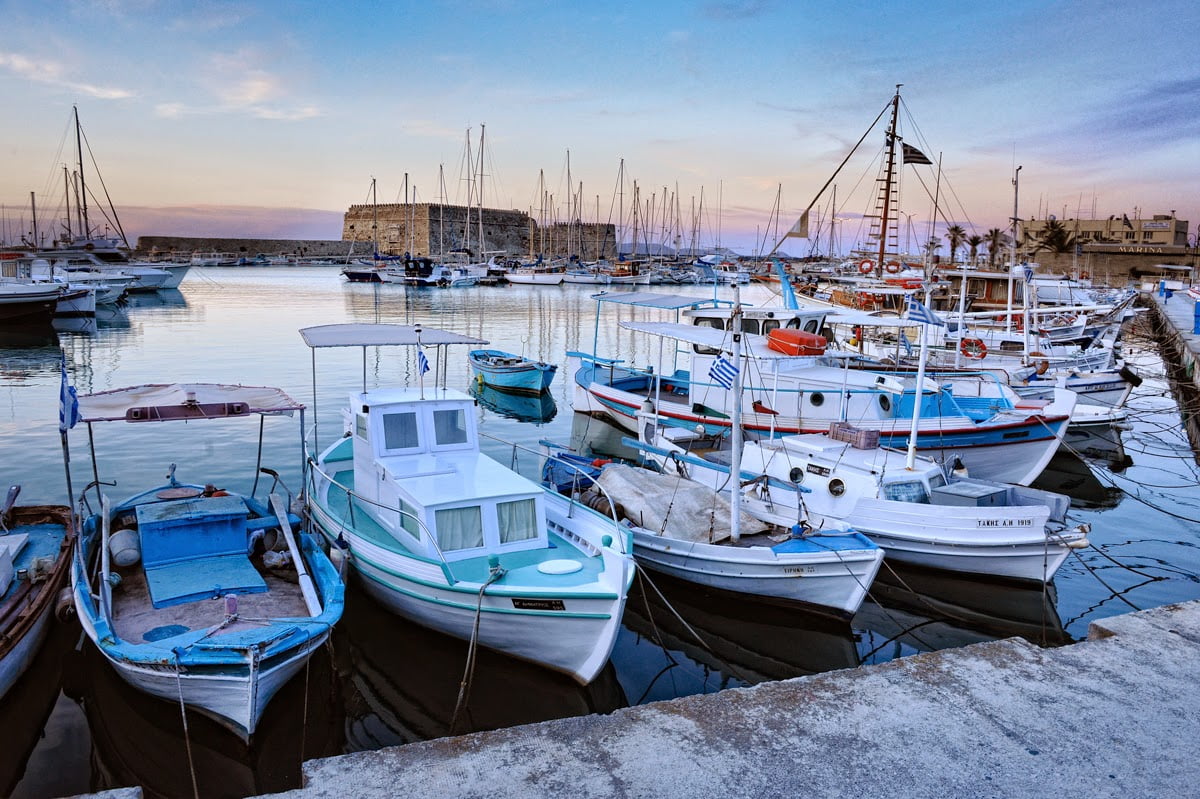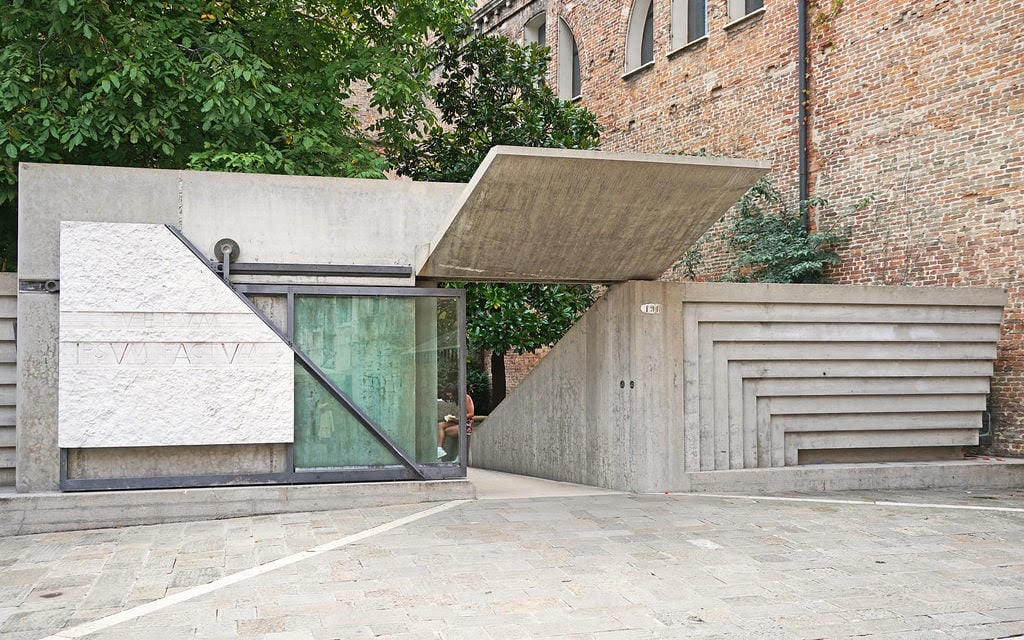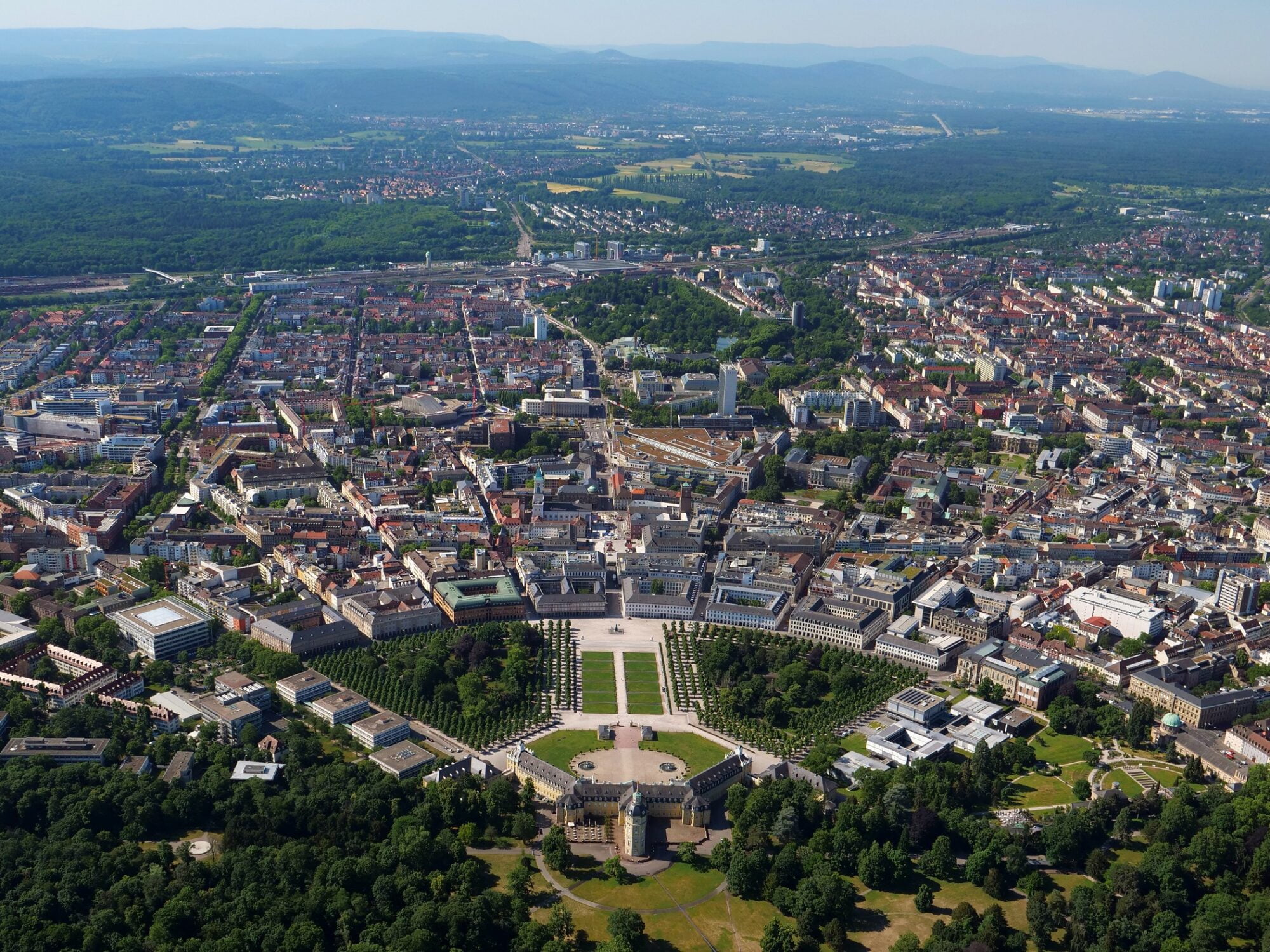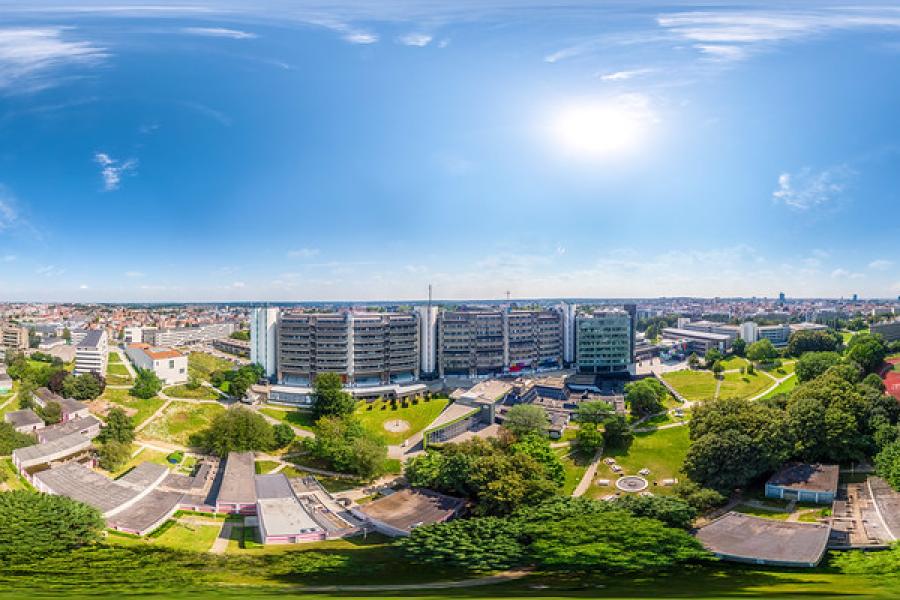POLIS welcomes new members and expands reach
POLIS is delighted to announce the addition of several new members since the beginning of the year.
Our growing network now includes a diverse range of cities, regions, and academic institutions, each bringing unique perspectives and expertise to our collaborative efforts in urban mobility and sustainable development.
As we welcome these new members, we are excited to introduce them and highlight their contributions:
Karlsruhe Region – As a member, the Karlsruhe Region comprises three partners: Karlsruhe Transport Association (KVV), the City of Karlsruhe (Stadt Karlsruhe), and the Regional Planning Association Middle Upper Rhine (Regionalverband Mittlerer Oberrhein).
Situated at the intersection of two European transport corridors in southern Germany, the Karlsruhe Region encounters diverse transport opportunities and challenges. Renowned for its research institutions, companies, and proactive local authorities, it is dubbed the "cradle of mobility," exemplified by the ‘Karlsruhe Model’ tram-train system.
The host city of the Annual POLIS Conference 2024, Karlsruhe, known for its fan-shaped layout, boasts top German courts, KIT, UNESCO Creative City of Media Arts status, and expertise in urban planning, cycling, car-sharing, and autonomous driving. Engaged in projects like Regiomove, RegioKArgo TramTrain, Horizon project URBANE, and IURC project Karlsruhe Nagpur, Karlsruhe exemplifies innovation in mobility and digital infrastructure.
Iuav University of Venice – Iuav University of Venice (IUAV) specialises in designing living spaces and environments, such as cities, landscapes, and regions. Its Research Unit of Transportation, Territory, and Logistics focuses on promoting sustainable development by assessing transportation's spatial and socio-economic impacts.
IUAV adopts an interdisciplinary approach to studying cities, transport, socio-economic factors, and broad sustainability issues. Renowned for developing strategies that enhance regional value chains and partnerships, IUAV collaborates with administrative partners, businesses, and organisations. This expertise is demonstrated through academic research and strategic projects aimed at improving residents' quality of life by enhancing the mobility system.
Heraklion – Heraklion is Crete's largest urban centre and the regional capital, serving as the island's economic hub. The city combines natural beauty, a favourable climate, a strategic location, a rich cultural heritage, and a strong scientific foundation. This blend supports entrepreneurial activities and stimulates the local economy.
Today, Heraklion is a top Mediterranean tourist destination, connecting three continents and diverse cultures. The city centre, once congested with cars, now offers spacious, traffic-free areas. Heraklion's serene streets invite exploration, revealing a city rich in history and culture.
Heraklion balances rapid regeneration with a deep connection to its past. Significant changes over the last century are evident in its buildings and streets, reflecting Crete's evolving fortunes. The "old town" areas, rooted in medieval times, beckon visitors for captivating walks through the city's heart.
Heidelberg – Heidelberg, one of Germany's most enchanting cities, mesmerises visitors with its blend of a majestic castle, historic Old Town, and the Neckar River, framed by rolling hills. This picturesque setting attracts millions worldwide. Beyond its romantic allure, Heidelberg is an academic hub, home to Germany's oldest university, esteemed institutions, and renowned research centres and companies, showcasing a nexus of knowledge and innovation. The International Building Exhibition (IBA) exemplifies this collaboration.
Heidelberg, a cultural and intellectual melting pot, hosts around 160,000 residents and 11.9 million annual visitors. The city excels in green initiatives, blending natural beauty, a favourable climate, and urban living, making it one of Germany's top cities for leisure. Founded in 1196, Heidelberg flourished in the 13th century with its castle's construction and became the Electoral Palatinate capital with its university's establishment in 1386. Remarkably untouched by World War II, Heidelberg boasts 15 unique districts, each with its charm.
Tilburg – Located in North Brabant, Netherlands, Tilburg is the second-largest city in North Brabant and the seventh-largest in the Netherlands.
Tilburg is home to Tilburg University, Avans University of Applied Sciences, and Fontys University of Applied Sciences. The city is famous for its ten-day funfair held annually in July, featuring "Roze Maandag" (Pink Monday) dedicated to the LGBT community.
With three railway stations—Tilburg, Tilburg Universiteit, and Tilburg Reeshof—the city is enhancing the 75-hectare "Spoorzone" area, a former Dutch Railways maintenance yard, into a vibrant urban zone.
VUB-MOBI – The Vrije Universiteit Brussel's MOBI (Mobility, Logistics and Automotive Technology Research Centre) is Europe's leading research hub for electromobility, dedicated to promoting a sustainable society.
Their multidisciplinary team of over 120 specialists supports the transition to eco-friendly and electrified mobility systems. MOBI excels in diverse areas, including electric and autonomous driving, innovative batteries, intelligent drive systems, energy management, power electronics, and charging infrastructure. We also provide expertise in business planning, consumer behaviour, and the integration of electric vehicles into energy communities and smart grids.
This approach enables MOBI to develop sustainable, innovative solutions and electrification strategies with broad stakeholder support. As a Core Lab within Flanders Make, MOBI drives innovation and boasts an impressive track record in numerous research projects.
Forum Virium Helsinki – Forum Virium Helsinki, the City of Helsinki's innovation company, collaborates with businesses, universities, the public sector, and residents to co-create urban futures.
As an in-house, non-profit organisation aligned with the city's strategy, it engages in 30–40 projects simultaneously, piloting and developing urban innovations and scaling solutions for the entire community. These projects yield new companies, services, data, or practices.
Guided by values of open cooperation, commitment, and discovery, Forum Virium Helsinki drives smart city development by introducing new technologies, models, and initiatives, aiming to make Helsinki the most functional smart city globally.
University of Zagreb FTTS – The Faculty of Transport and Traffic Sciences at the University of Zagreb is a premier Croatian institution for higher education, scientific exploration, and research in transport and traffic engineering. Committed to fostering innovation and knowledge, they actively engage in scientific, research, and professional projects beyond student education.
Faculty members focus on practical solutions to enhance mobility efficiently, securely, and sustainably. Staying current with emerging transport trends, they have identified about 40 key focus areas, including sustainable transport practices, safety measures, big data applications, AI integration, cooperative systems, virtual and augmented reality in logistics, and GNSS functionalities. Their expertise addresses contemporary transport challenges with insight and precision.
City of Zagreb – The City of Zagreb is committed to a holistic approach to transport, promoting sustainable mobility for its citizens while ensuring swift and secure travel across all modes of transport. This vision highlights the city's dedication to innovative technologies and sustainable travel options, including public transport, cycling, and walking—alternatives increasingly embraced by European cities for their environmental benefits.
By joining POLIS, Zagreb aims to collaborate with European cities and regions to enhance local transport through integrated strategies that address the economic, social, and ecological aspects of mobility. Membership facilitates dialogue among local and regional authorities and various stakeholders, including industry, research centres, universities, and NGOs. This cross-European cooperation makes transport research and innovation accessible to all involved.
Land van Cuijk – Land van Cuijk emerges as a vibrant municipality, a fusion of Boxmeer, Cuijk, Sint Anthonis, Mill en Sint Hubert, and Grave. Situated within the scenic De Peel region, this newly formed entity embodies a rich tapestry of history, culture, and community spirit.
The commitment to safety, sustainability, and livability is paramount, driving collaborative efforts to craft a forward-thinking mobility plan that harmonizes seamlessly with the municipality's vibrant character.
Vitoria-Gasteiz – Vitoria-Gasteiz, the Basque Country's capital, prioritises sustainable mobility, notably reducing private car use while promoting public transport, cycling, and walking, making active mobility account for 59% of trips.
The city's Sustainable Urban Mobility and Public Space Plan (2021-2025) aims to further enhance pedestrian, bicycle, and public transport infrastructure. Represented in POLIS by the Environmental Studies Centre (CEA) and the Mobility Lab, Vitoria-Gasteiz focuses on aligning digital and green transitions to modernise its mobility system. The Mobility LAB Vitoria-Gasteiz Foundation, established in May 2023, serves as an innovation hub for urban mobility and logistics.
Riga – The capital of Latvia, Riga, is a modern cosmopolitan metropolis, showcasing a rich cultural and historical heritage through its architecture, cultural life, and urban development.
The city administration aims to transform Riga into a vibrant educational and cultural hub, ensuring the well-being and safety of its citizens. By actively engaging with other cities in Latvia and Europe, Riga seeks to become a competitive centre for education and culture.
Riga seeks to join the POLIS network to participate in sustainable urban development, energy, and mobility initiatives, sharing and learning from previous experiences in these areas.
Special welcome to Ukrainian cities and regions
In a show of solidarity and support, POLIS is honoured to welcome Mariupol, Zviahel and Uman through our initiative to offer free membership to Ukrainian cities and regions. Despite facing significant challenges, these cities are committed to advancing urban mobility and sustainable development. Their resilience and dedication are commendable, and we are eager to support and collaborate with them during these trying times.
As we welcome these new members, POLIS looks forward to fostering stronger collaborations, sharing innovative solutions, and advancing our shared goals for sustainable urban mobility. Together, we continue to drive progress and create cities that are more livable, sustainable, and resilient for all.
For more information about our new members and upcoming initiatives, please visit our website or contact our Membership & Communications Manager, Jonathan De Vriendt.

